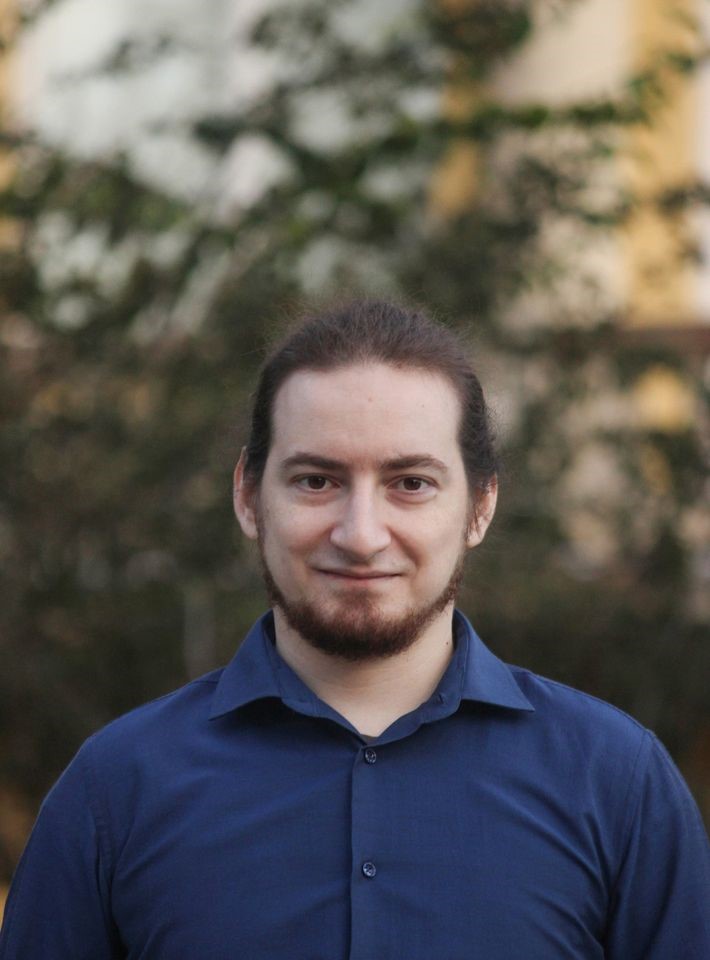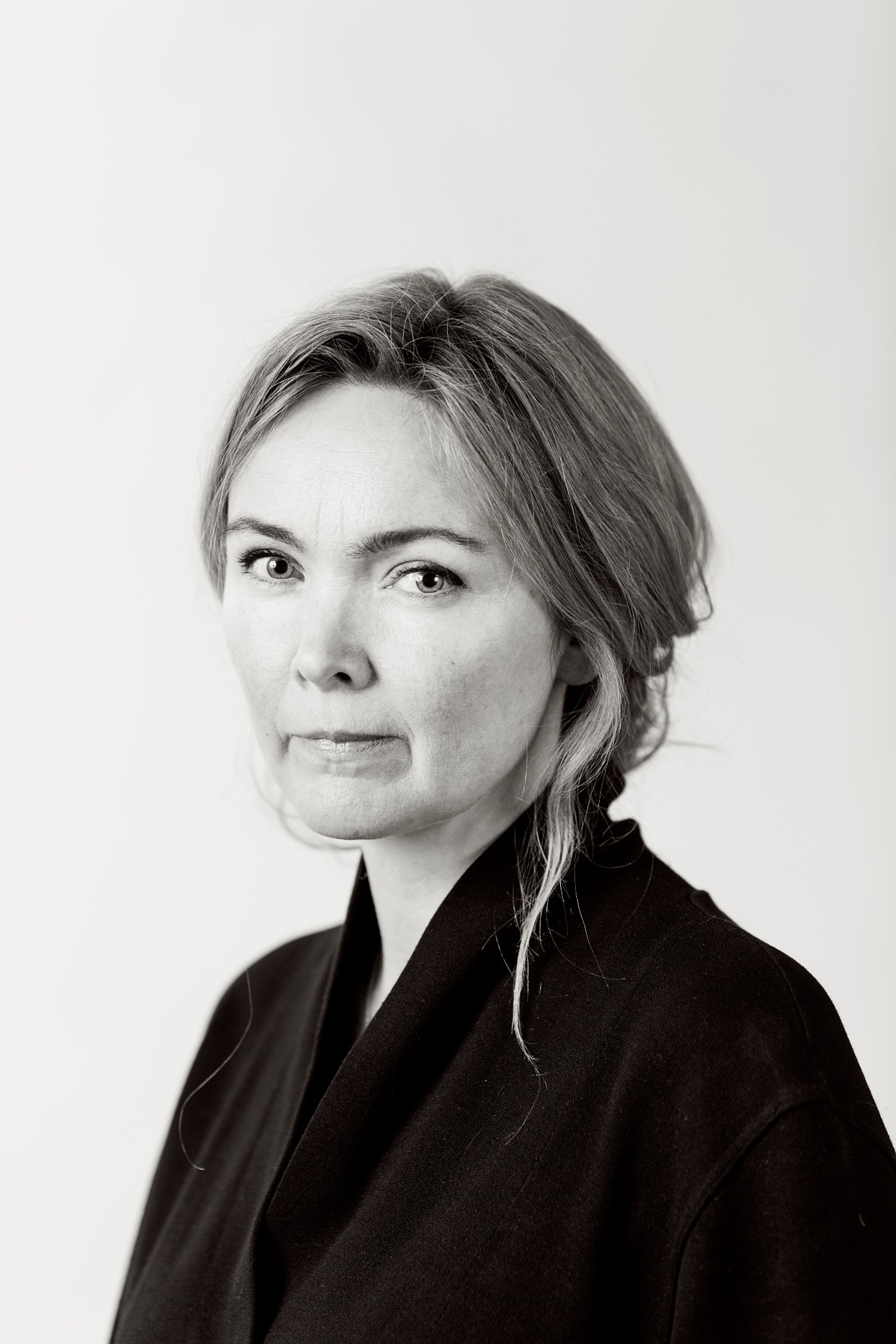Academic Panel 2: Resilience to Violent Extremism in Southeast Europe
The challenge of violent Islamist extremism in Serbia has culminated with the war in Syria, which attracted Serbian nationals who fled the country to join the battleground. Since the outflow has been curbed, the risk of violent Islamist extremism has been drastically reduced. Islamist radicalizati
Author: Marija Ignjatijević, Researcher, Belgrade Centre for Security Forum
During the last decade, violent extremism has become more prominent on the agenda in the Western Balkans, entailing both radical Islamist ideology and radical far-right ethno-nationalism. While the challenge should not be overestimated, given the relatively few incidents, a considerable number of foreign fighters have left to join forces in Iraq and Syria, and in Ukraine. To ensure context-sensitive approaches in preventing violent extremism, we not only need to understand why it occurs – the drivers and multipliers – we also need to understand what makes people and communities more resilient. Thus, the main question to be explored is what can explain the non-occurrence of violent extremism in the Western Balkans? We will apply the framework of enabling environment, with a emphasis on decisive moments and cases of occurrence and non-occurrence of violent extremism. We will unpack the assumption of reciprocal extremism by looking into whether multi-ethnic areas (such as Skopje in North Macedonia and Mitrovica in Kosovo) produce higher tendencies towards ethnic/nationalist extremism on one hand, and religious radicalization on the other hand. In this endeavor, we will investigate how individuals and communities navigate between and across state, religious (moderate vs extreme), and traditional/nationalist (moderate vs extreme) authorities.
Author: Evlogi Stanchev, Assistant Professor at the Institute for Balkan Studies, Bulgarian Academy of Sciences
Drawing from emerging arenas within applied anthropology and informed by on-going ethnographic fieldwork alongside combat veterans in Southeast Europe, this proposal follows indications that veterans and veteran collectives are potential, thus unrecognized, enablers/maintainers of civil resilience to extremism within societies. Exploring this proposition of veterans contributing to capacities of civil resilience, resilience here taking the added context as being an accumulated capacity emerging from veterans’ life experiences in combat, suggests a (re)theorization of the veteran in society is required. In service of this (re)theorization, the concept of “veteranality” is introduced and developed to designate a post-combat mode of being in society for former combatants. A mode of being that informs, maintains, and enforces the social identity “veteran” while disrupting long-held stereotypes burdening veterans (and stereotypically situating veterans as social burdens). In conclusion, it is argued this approach facilitates both a new understanding of combat veterans while also opening civil spaces to veterans (en)acting experiences toward building resilience, thus resistance, to extremism in our societies. This presentation is situated within an on-going doctoral research project funded by the Research Foundation – Flanders (FWO), Belgium, and supervised by Prof. Steven Van Wolputte and Prof. Peter Vermeersch, KU Leuven, Belgium.
Author: Charles O. Warner III, Associate Researcher, Faculty of Social Sciences Leuven
In recent years there has been abundant focus on Islamist radicalization and violent extremism in Southeastern Europe by researchers and donors. However, this research, initially nested within the wider historical and political context of nationalism and radicalization in the region, has moved away from analyzing the different forms of radicalization and focused largely on Islamist forms of violent extremism and foreign fighters, sidelining other trends developing in the region. This paper seeks to create a framework of studying forms of radicalization as they appear in Southeastern Europe, both religious and political, in order to understand what are the underlying causes and trends of radicalization. Namely, the paper advances a critical reassessment of the main forms of radicalization in the region in accordance with wider global trends of increased far right extremism in juxtaposition with religious conservatism and radicalization. By re-centering the research into a wider framework of radicalization and violent extremism, this paper will look at the contemporary developments in the field, by focusing on North Macedonia, Kosovo, Bosnia and Herzegovina, Serbia and Albania. Lastly, this paper considers whether a wider framework of analysis contributes towards recognizing trends of radicalization in helping us escape the biases of research on radicalization and violent extremism. It draws on research conducted in the context of CONNEKT (Contexts of Violent Extremism in MENA and Balkan Societies), a Horizon 2020 EU-funded research project that explores the drivers of radicalisation and violent extremism.
Author: Florian Bieber, Professor of Southeast European History and Politics, University of Graz





